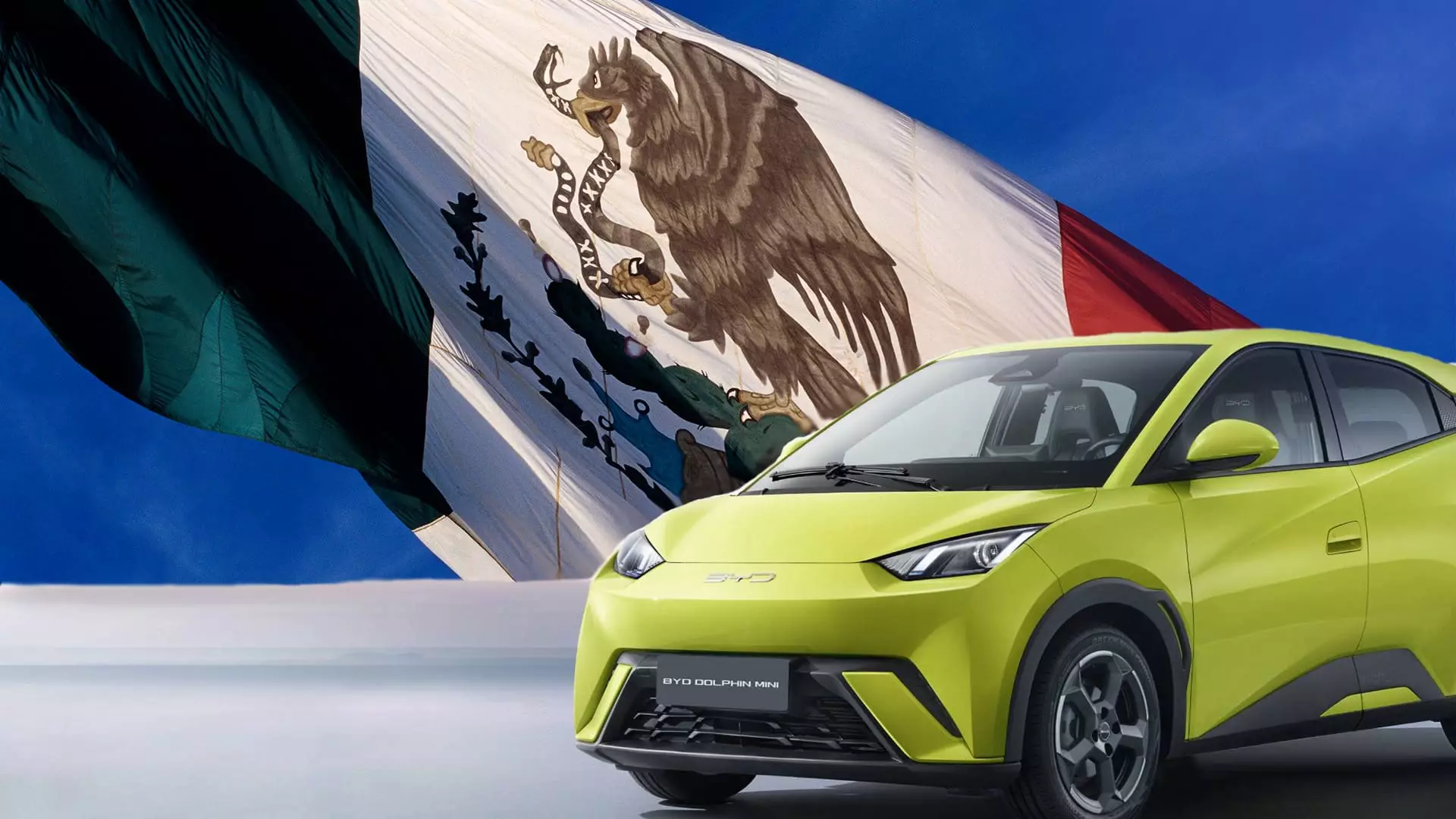Chinese electric vehicle makers have found a new market in Mexico, where customers are drawn to the affordable price tags of these high-tech cars. Last year, China became the leading car supplier to Mexico, exporting billions of dollars worth of vehicles. Tesla rival BYD, for example, sells its cars in Mexico for a fraction of the price of the cheapest Tesla model, making them accessible to a wider range of consumers.
Some Chinese EV makers, including BYD, are considering establishing manufacturing plants in Mexico, with the potential to create thousands of jobs. While this foreign investment could benefit the Mexican economy, U.S. officials are concerned that it could be a way for Chinese automakers to bypass trade restrictions and gain access to the American market.
The United States worries that Chinese auto companies may be using Mexico as a “backdoor” to enter the U.S. market, taking advantage of the trade benefits provided by the USMCA agreement. By manufacturing cars in Mexico with locally sourced materials, Chinese automakers could potentially export to the U.S. duty-free, posing a threat to American auto companies.
In response to the growing presence of Chinese EVs in Mexico, President Joe Biden announced a 100% tariff on these vehicles. U.S. officials argue that the American EV industry is still in its early stages and needs protection from foreign competition. The fear is that Chinese EV makers could undercut American automakers with lower production costs, jeopardizing the growth of the domestic EV market.
As Mexico navigates its position between Chinese investment and American trade concerns, the country faces challenges in maintaining a crucial relationship with the U.S. while also benefiting from foreign investments. Pressure from the U.S. to restrict Chinese EV makers’ access to the American market puts Mexico in a delicate position of diplomacy and economic growth.
Overall, the rise of Chinese electric vehicle makers in Mexico presents both opportunities and challenges for the automotive industry in North America. While Chinese EVs offer innovative technology at competitive prices, the potential implications of their expansion into the U.S. market raise concerns about trade practices and economic competition. As the situation continues to evolve, it remains to be seen how Mexico, China, and the U.S. will navigate the complex dynamics of the automotive industry in the region.

Leave a Reply